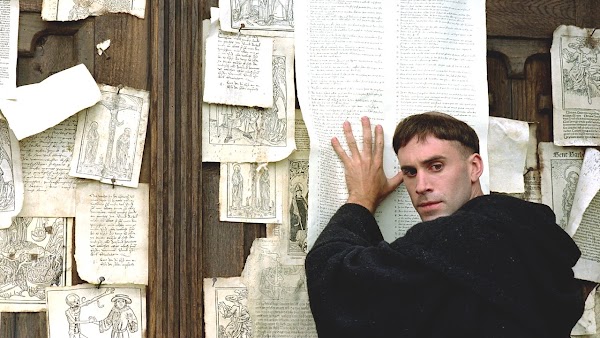
- FUNDAMENTALIST
fən.də'mɛn.(t)əl.ɪst adjective. Adheres to certain beliefs as necessary and foundational. - 2. Theologically (and politically) conservative in their religion.
- 3. [capitalized] Related to the 20th-century movement which considers certain Christian beliefs mandatory.
- [Fundamentalism
fən.də'mɛn.(t)əl.ɪz.əm noun, Fundie'fən.di adjective.]
For most folks fundamentalist is a synonym for “super conservative.” If you’re a fundamentalist of any stripe—fundamentalist Christian, fundamentalist Muslim, fundamentalist Jew, fundamentalist Mormon, fundamentalist Republican—people assume you’re extremely conservative. Or at least more conservative than they are: “I may be conservative, but you’re fundamentalist.” It picked up this definition for good reason: Fundies typically are super conservative. And a number of ’em pride themselves on this. It often feels like they’re trying to play a game of conservative chicken: “You might claim to be prolife, but I’m willing to dynamite clinics. How prolife is that?” Um, not in the slightest. But let’s not go there today. (
But Fundamentalist isn’t synonymous with conservative. Fr’instance my church has its Fundamentalists… who aren’t anywhere near as conservative as other Fundamentalists might demand they be. My church’s Fundies
’Cause properly any fundamentalist is someone who believes there are
Fundamentalism is meant to be the antidote to all the fakery. Capital-F Fundamentalists believe plenty of churches and
Which “fundamental truths?” Well, I pointed to the Nicene Creed—and nearly every Fundie believes everything we find in that creed. Thing is, nearly every Fundamentalist is anti-Catholic, wrongly believes the creed is
Fundamentalists worry Christianity’s ground-floor ideas have been compromised in way too many churches, among too many Christians. They want no part of any Christianity which won’t defend ’em. Real Christians embrace the fundamentals. So it’s not wrong to say fundamentalism of any sort is conservative; the very definition of
But here’s the catch; here’s why Christians and pagans alike are confused as to what a Fundamentalist is: Not every conservative is pointing back to the same past. Me, I point back to the first-century apostolic church of Christ Jesus, and to the creeds of ancient Christianity. Sometimes to the beginnings of my own denomination.
Whereas other Christians point back to “the way we’ve always done things.” Which really means the way they remember they’ve always done things; some of these traditions only go back 20 or 40 years. Or two generations. Or a century, like my denomination.
And way too many conservative American traditions date back to the upper-class customs of the American South during slavery, or during the Jim Crow segregationist era. In other words, they’re not pointing to Christianity at all. Just a particularly heinous
That is the form of fundamentalism I object to most. Not the folks who wanna keep Christianity


